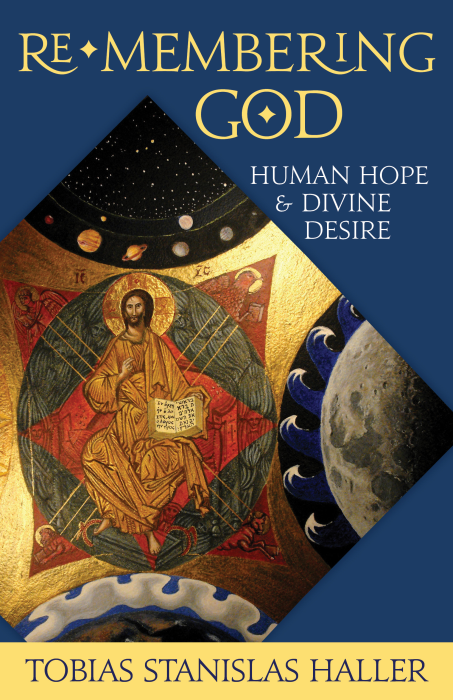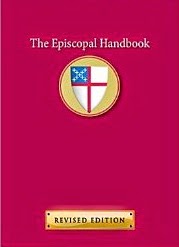Tearing the Fabric
One of the assertions common these days is that the actions of North American Anglicans have somehow obscured the underlying reality of our communion in God the Holy Trinity. (Primates’ Dromantine Statement 2005.12). This assertion also sometimes takes the form of an accusation that we have torn the fabric of the communion. (Primates’ meeting 2003)
Whether obscured or torn, it seems to me that two very different kinds of communion are being spoken of here. One is the pragmatic ecclesiastical communion that we talk about in ecumenical relationships, the sure and certain sign of which is mutual acceptance of ministers. On this ground, let’s face it, the Anglican Communion is not just impaired, but divided, by the lack of agreement on the ordination of women to the priesthood and episcopate, pace the historical fiction of the Windsor Report.
But I would submit that the communion referred to in the Dromantine statement, however “obscured” is not capable of being torn, for it does not lie in our power to tear it. The communion we share in God the Holy Trinity does not come about by our doing, except to the extent we participate in and carry out the mandate to baptize all nations. Once baptized, there is no human power that can unbaptize. One can depart from the ecclesiastical institution — but however far we flee, be it to the heights or to the depths, we cannot escape our incorporation into God.
It seems to me that the concern with tearing the fabric of the communion — preserving the shreds of the partial unity we seem to enjoy in the manifestly divided church— is perhaps misplaced, as a part of our general fixation on the institution. It struck me in the early hours of this morning that a similar concern about tearing fabric took place in another context. To what extent are the powers that broker the future of our Anglican Communion like the soldiers haggling over the seamless garment, casting lots to see who will end up in possession, while the Lord of Glory hangs naked and crucified, spilling his blood for the world, and praying forgiveness for those who know not what they do?
—Tobias S Haller BSG







